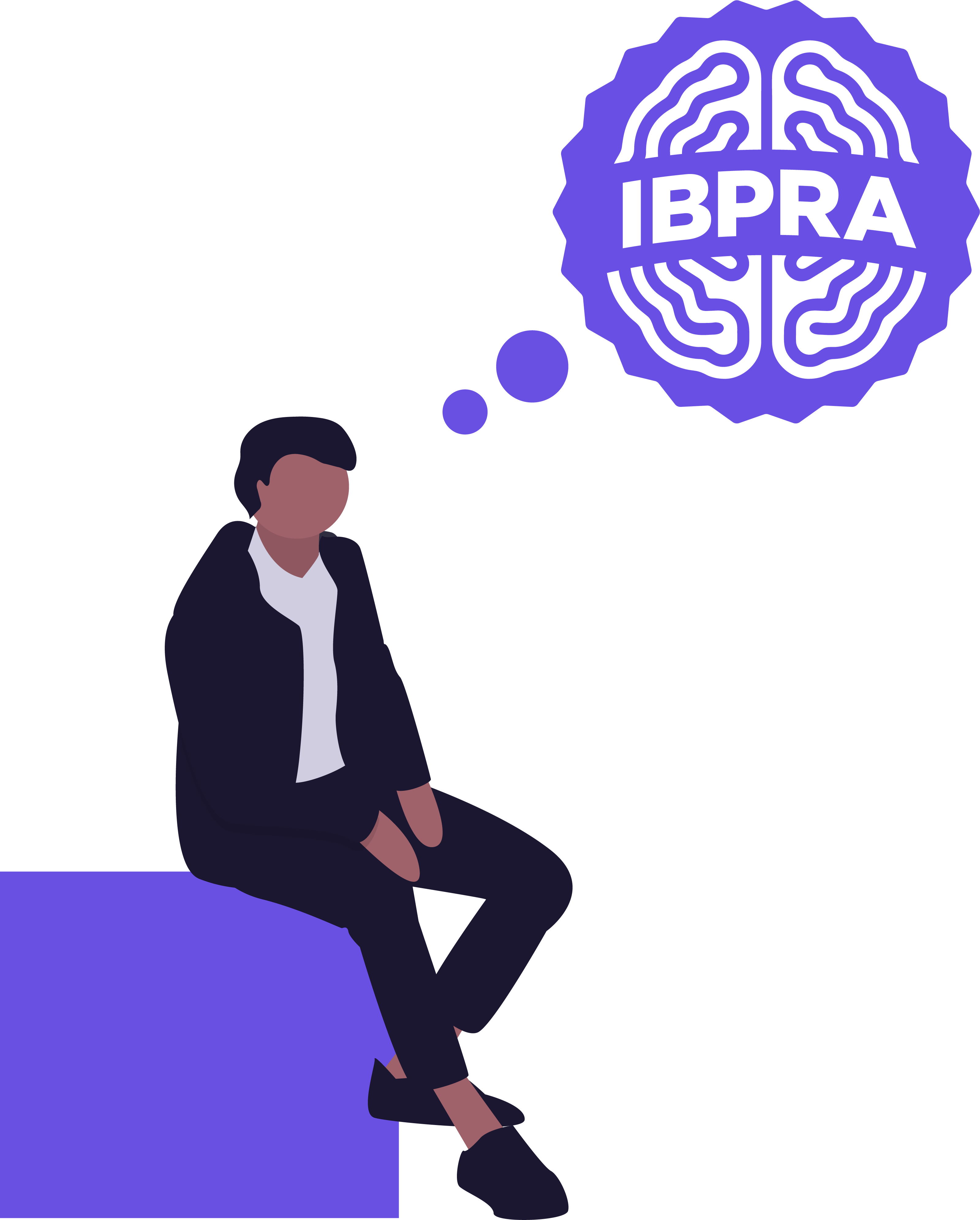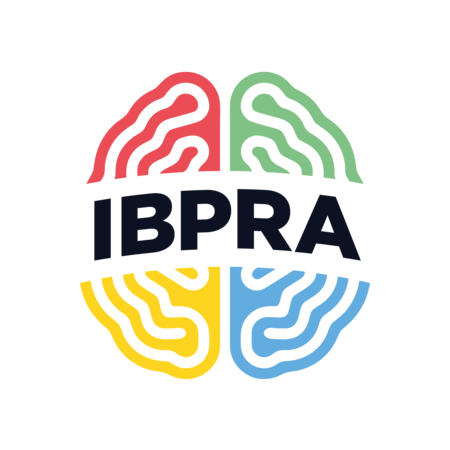How our IQ Test works
It’s not how smart you are, it’s what you do with it that matters.
What is IQ?
At its core, IQ is a measure of your ability to reason. What makes IQ so unique is that it bases itself off all the previous scores achieved on that particular assessment (with 100 being the average score) and variations of an IQ test can be used to determine:

- A prediction of how well a child will perform academically
- The effectiveness of ADHD treatments
- How effective a potential employee will be
Despite being so widely used, IQ has become a controversial subject with one of the main criticisms being that it isn’t a good predictor of success.
We agree.
It’s not how smart you are, it’s what you do with it that matters.
The problem that we’ve found is that smart people tend to be too smart for their own good. For smart people, life can feel like a child in a sweet shop, with unlimited choices for what they can accomplish with their lives.
Our assessment is designed to cut down on those choices and help you discover how to leverage what you are already good at so that you can do something great.

How is IQ calculated?
Once you’ve completed the IQ test your results are compared with data from other participants in your age group who have already taken the test and then a “normalised” score is calculated.
“Normalising” in this instance means your final score is converted to a relative score and then converted to an IQ score - which means the average will be 100. For you verbal archetypes, this means that anything higher than 100 = more correct answers than the average.
Now, to explain it numerically, if the average score was 20/32 correct, then anyone who answers 20 correctly will score 100. Anyone scoring fewer than 20 will have an IQ less than 100, and anyone scoring more than 20 will have an IQ more than 100.

The technical definition IBPRA uses for IQ is to normalise the data set and stretch over a bell curve with a mean of 100 and a standard deviation of 15.
What makes our test different?
Unlike most IQ tests that simply give you a number, we divide your score into four areas of intelligence:
Our 4 Areas of Intelligence
-
Verbal V
- “The ability to analyze information and solve problems using language-based reasoning” - (Logsdon, 2019)
-
Non-Verbal NV
- “General cognition without the confound of language ability.” i.e. your ability to understand and analyse information without using language - (DeThorne, 2004)
-
Spatial SP
- “The ability to generate, retain, retrieve, and transform well-structured visual images” - (Lohman, 1996)
-
Numerical N
- “A composite of cognitive functions specifically associated with mental operations related to numbers” i.e. your ability to use numbers to solve problems - (S. Palma, 2010)

Our test then analyses which intelligence you have the biggest strengths in (your Major Intelligences) and those in which you’re weaker (Minor intelligences). The report then suggests what tasks, roles, and operations you are naturally suited to perform and ways to mitigate your unique weaknesses.
We then use your natural strengths to give you vision of how that’s affected your development and growth as a person. By combining IQ with personality, we’re able to give you a report that is far more usable and actionable than your standard personality and IQ tests, leading to:
- Greater productivity at work
- Inspiration to explore other skills enhanced by your natural strengths
- Greater income with more confidence in what areas you should specialise in.
Take the IQ test
To get the most accurate results and to ensure you get the most out of your assessment, we recommend:
-
A quiet environment
-
Close all other tabs
-
Turn off notifications on your phone
-
Give yourself enough time (max 30 minutes)
-
Skip questions (you can always come back to them)
